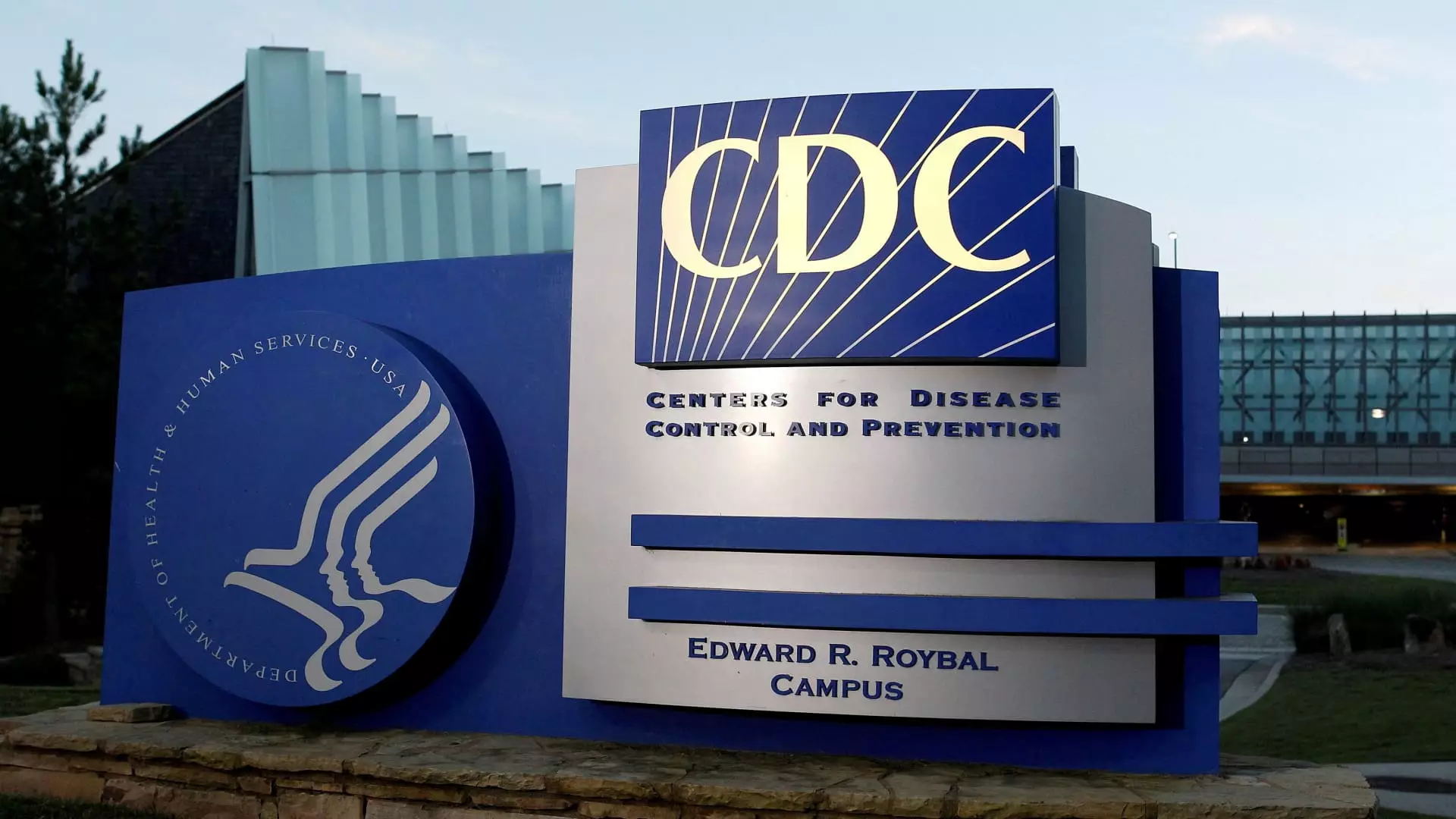In a move that has sent shockwaves throughout the public health community, Secretary of Health and Human Services Robert F. Kennedy Jr. recently restructured the Advisory Committee on Immunization Practices (ACIP) by appointing several individuals known for their controversial, and often dubious, skepticism towards vaccines. This shift raises urgent questions about the integrity of the advisory body responsible for shaping vaccine policy in the United States. Facing an ongoing battle to manage public health concerns, is this change a step into a quagmire of misinformation and distrust that could have dire consequences for both individual and community health?
The newly appointed chair of ACIP, Dr. Martin Kulldorff, set a striking tone with his opening remarks. Rather than fostering an evidence-based dialogue, he posited a binary view of vaccines: either they are entirely beneficial or universally harmful. In a climate where nuanced understanding is desperately needed, this simplicity is dangerously misleading. For a panel meant to provide recommendations that can impact vaccinations and insurance coverage, it is troubling that a consensus around the complexity of vaccine efficacy—especially concerning safety and public trust—seems to erode.
Implications of Distrust and Skepticism
The implications of this radical reimagining of the ACIP could be far-reaching. Opinions in the scientific community largely prioritize rigorous analysis and evidence-based recommendations to guide vaccine policy, yet now we see individuals like Dr. Robert Malone—a self-promoting vaccine critic—gaining a platform to voice unfounded claims. His promotion of misinformation, including false assertions regarding mRNA vaccines and side effects, betrays the foundational principle of public health: the meticulous evaluation of risks versus benefits.
Indeed, the new composition of ACIP has alarmingly included members affiliated with organizations that have a notorious reputation for spreading skepticism and misinformation about vaccines. For instance, Vicky Pebsworth, a nurse linked to the National Vaccine Information Center, has engaged in fear-mongering about immunizations. Her stock holdings in healthcare entities, including vaccine manufacturers, raise ethical concerns about her participation in discussions about vaccine safety and access. Even if she claims these holdings do not constitute a conflict of interest by governmental standards, the mere perception of compromised integrity can sow seeds of doubt among the public. How can communities trust the recommendations coming from a committee where financial incentives are up for debate?
Challenges Facing the Public Health Landscape
As ACIP metaphorically steers a ship through choppy waters, we must confront the reality that this newfound skepticism has the potential to amplify existing divides in societal trust. Vaccine hesitancy is an epidemic of its own, breeding in the vacuum of disinformation and fear. The public’s confidence in vaccinations has relied on a robust scientific foundation, yet this foundation now appears to be crumbling under the weight of political maneuvering and vested interests.
The coordination of vaccine rollouts has already been scrutinized heavily in the wake of the COVID-19 pandemic. Mixed messaging on vaccine safety, efficacy, and the necessity of certain immunizations has compounded the existing challenges faced by healthcare providers. The latest developments escalate these concerns, bringing them into sharper focus—if the very architects of vaccine policy are now filled with voices of skepticism, how will we re-establish faith among those who remain uncertain or resistant?
With ACIP now operating under untested leadership, the repercussions could manifest in grim public health outcomes. The stakes are high as diseases that were once firmly under control threaten to resurface. This situation illustrates a fundamental discord between science and the politicization of health. It exacerbates a culture of misinformation, leaving public health experts to fight an uphill battle against skepticism that roots itself deeper within communities.
As we observe these troubling trends unfold, it becomes more evident that a rigorous, nonpartisan commitment to science and public health must prevail if we are to emerge from this precarious moment in history unscathed. The path forward must champion transparency, accountability, and a recommitment to facts over ideology to safeguard the health of the population. The consequences of failing to do so are simply too dire to ignore.

